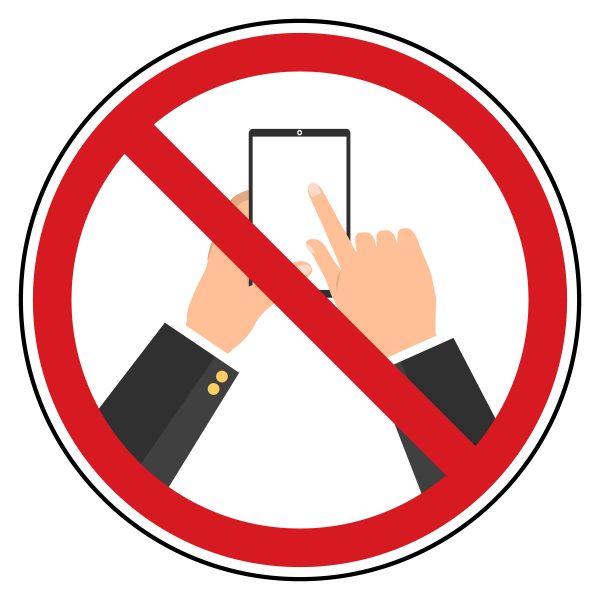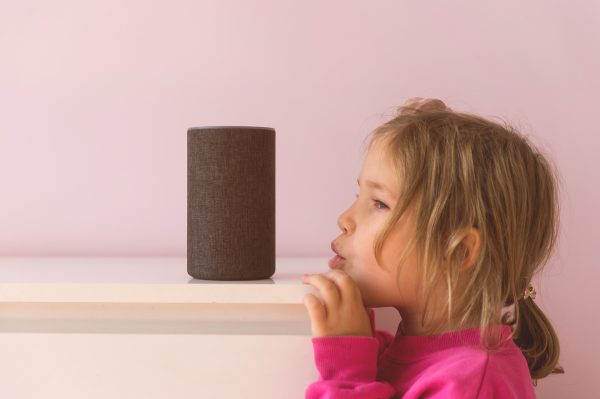
Everywhere you turn, there is usually someone sitting on their cell phone. They’re either passing time, trying to look busy, or maybe even actually get work done. Sometimes you can here them say “you used to call me on my cell phone”. However, the smarter our phones become, the more employee engagement/productivity seems to decrease. While there are plenty of other distractions, such as social media or old-fashion office gabbing, there is definitely an argument to be made for cell phones taking the number one spot in the competition for distractions. Whenever a phone dings with a notification, not only is that owner distracted, but also the employees around them. Some companies’ administrations have taken on similar rules to that of primary and secondary schools – no phones allowed; other companies have recognized that sometimes a cell phone is necessary, but try to limit usage with other rules and policies. In modern society, screen addiction has become a reality, but sometimes the reality is that it’s time to put down the phones and focus on work.

In a
poll done by the Society for Human Resource Management, 31% of the 500 small businesses surveyed said that they’re biggest challenge was trying to get their employees to put down their phones. Because phones are so integrated into both our personal and work lives, it can be hard to distinguish the difference. Of course, cell phones have made both work and personal lives easier in some aspects, such as planning or communicating, but the screen addiction challenge still remains. According to the SHRM poll, “74% of employers report that their organization use or plan on using a BYOD program (bring your own device), the odds of getting distracted with social media or unrelated apps get higher and higher.” When we are faced with problems such as phones, it’s common to look for a precedent set by a much larger corporation. For example, Disney has a strict no phones in a meeting policy. Employees place their phones in a bucket on the way in and pick them up on the way out. This simple action allows for the employees to focus on the matters at hand, give their full attention, and hopefully, have a faster meeting because there are less distractions. And, who doesn’t appreciate a get-to-the-point meeting? Chron blogger Robert Lee from Demand Media suggests a similar tactic. “Placing the phone’s ring tone on “Silent” isn’t enough to avoid distractions,” Lee states. “Employees with access to cell phones in a meeting may be tempted to watch for missed calls or read text messages and email.”
Sometimes, it comes down to company policy or culture. Having written guidelines about the use of cell phones during work hours is a helpful way to be clear and set expectations. Lee states, “Guidelines that are fair and flexible acknowledge the importance of cell phones, while striking a balance that is fair to the company and its workers.” The company culture needs to normalize keeping private conversations at home. Then employees will be saying “you used to call me on my cell phone” but at home not in the office. Company culture can also affect cell phone usage at work. Usual work etiquette would allow for quick and quiet conversations.

Funny enough, people are more accepting of phone conversations rather than robotic conversations. “People seem to be accepting of phone calls but not of people talking to a disembodied voice on their phone,” states Jane Vincent, visiting fellow at the Digital World Research Centre, University of Surrey, in a
CNN Tech article. Be considerate and polite towards your other co-workers and avoid lengthy conversations, but especially lengthy conversations with Siri, Hey Google or Alexa.
Corban OneSource is a Mid-Market Human Resource Outsourcer or HRO for companies of 75 to 6,000 employees. Are you looking to outsource the core HR functions of Payroll, Benefits Administration and HR Support?Find out more here.





